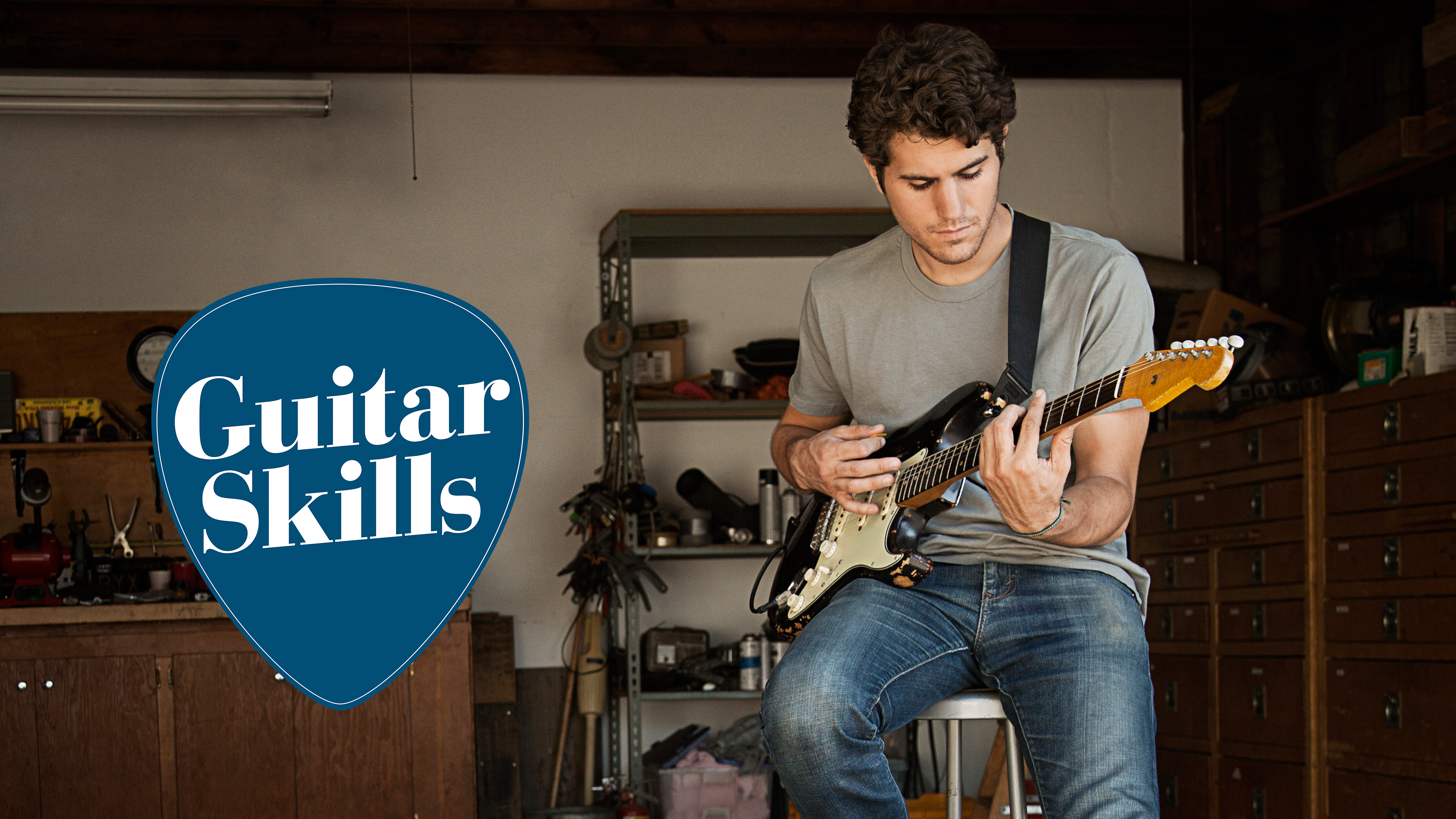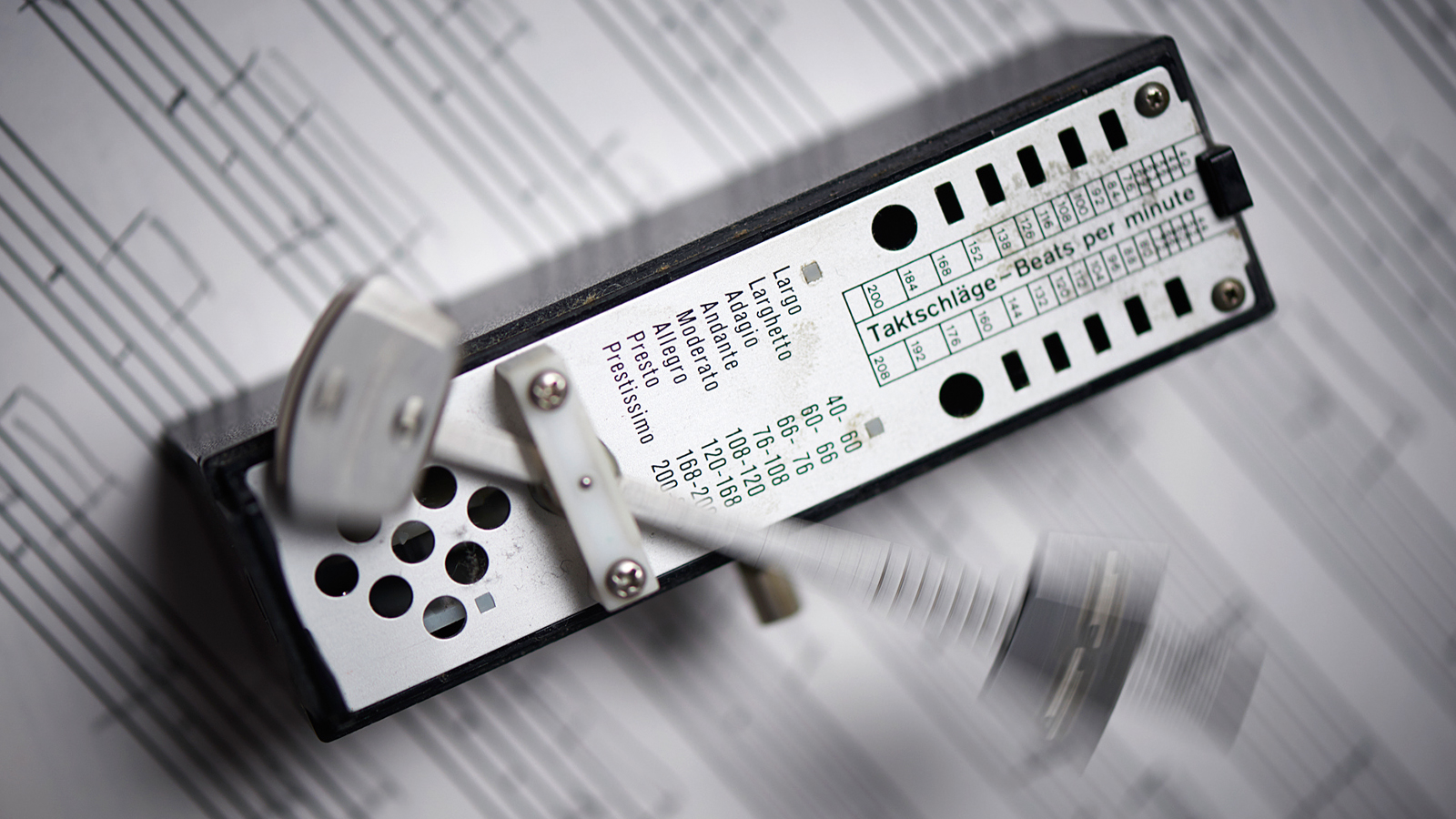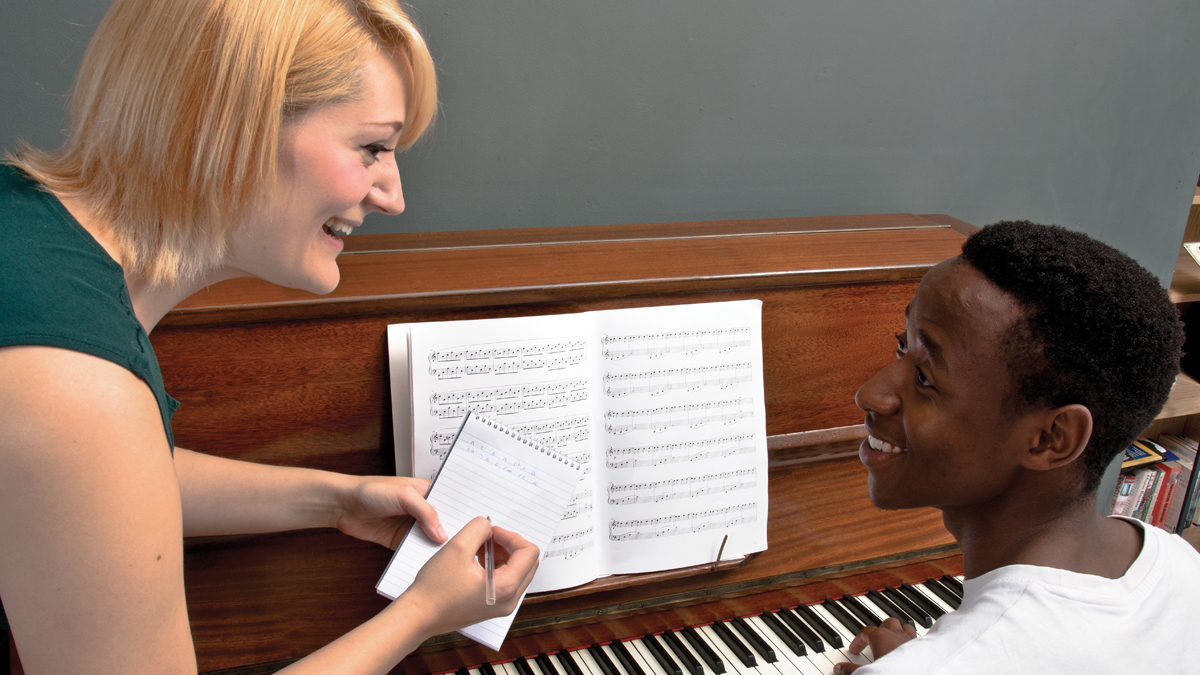7 mistakes guitarists often make and how to avoid them
Best of 2022: They're more common than you might think – and it's never too late to fix them

Join us for our traditional look back at the stories and features that hit the spot in 2022
Best of 2022: Somewhere along your guitar journey, you’re going to make mistakes. We all make mistakes, and we all fall into various habits that can slow our progress down.
Thankfully, we guitar players are predictable creatures, and our mistakes are often easy to spot and predict. This means, once we’re aware of what we might be doing, we can make positive changes to avoid that mistake causing us any long-term issues.
In this article and accompanying video we’re going to talk about seven common mistakes that guitarists make and how to avoid them.
If you find yourself making any of these mistakes, it's never too late because now is the time to act to prevent locking in any bad habits.
1. Practicing the wrong things
Practicing the wrong things is something we all fall into. This is because we always want to practise the things that we really love. Unfortunately, these things aren’t always the things that propel our playing forward.
We all start playing the guitar for fun, and that should always be at the core of the learning process. However, it’s also worth remembering that sometimes we need to practise things that we don’t find fun in order to become better players.
Want all the hottest music and gear news, reviews, deals, features and more, direct to your inbox? Sign up here.
This can range from dexterity exercises to coordination exercises to music theory.
Your practice time is best split up into two main areas. Firstly, the 'boring' stuff. This is the series of things that help you improve as player. You can create your own list here. Think about your own playing and what you want to improve. You might want to be faster, or a cleaner player. Or you may want your picking to be more accurate… this is the time to practice that.
Once you’ve gotten the serious stuff out of the way, you can reward yourself with the second part of practice, the fun part. This is where you can play the things you really enjoy, such as your favourite songs and riffs. This will give you a reward for the hard work you put in in the first part of your session.
Learn more: 7 simple ways to improve your guitar practice now
2. Pressing too hard
In the early stages of learning the guitar it is very easy to overexert yourself and press down really hard. For the first few weeks, this is totally natural because you don’t quite have the strength in your fingers to press down with the right pressure levels.
Pressing down too hard is not only uncomfortable to do, but it can also have some long-term health implications. The additional pressure you apply with your fingers will add tension to your fingers and wrists and it can lead to long term issues with as Repetitive Strain Injury or Carpel Tunnel Syndrome, neither of which any guitar player will ever want to experience.
If you find yourself pressing too hard, there is a simple exercise you can do to remedy this and teach yourself the correct pressure levels to use.
Pick a note anywhere on the guitar, and gently rest your finger on this note. Pick the string and you’ll just hear the muted note. Now, keep picking and gradually and gently increase the pressure until the note sounds. This is the amount of pressure needed.
You only need to push the string down until it contacts the fretwire, not the fretboard. If you press down harder than this, you can bend the string sharp between the frets.
3. Practicing with too much gain
Playing with copious amounts of gain and reverb is a lot of fun, but it hides a multitude of sins.
When practising, especially technique focused practise, it’s best to practise with a clean, or a clean-ish tone. This allows you to hear the note in its pure form. This is very useful when working on technique because it lets you hear every little detail.
If you do want to use a bit of gain to help, use as little as you can get away with. The less gain you use, the better the results because you can really focus on the sound of the notes.
Playing with gain can make certain things feel easier, but this can hide bad technique.
4. Not using a metronome
The metronome is the nemesis of many guitarists. The constant clicking and ticking is enough to drive you mad, but this can also be your best friend in a practise session.

Best metronomes 2022: the top mechanical and digital metronomes for musicians
A metronome provides a constant, and even, pulse. This is useful for locking in your rhythm skills, tightening up your timing and your groove. It’s like playing with a drummer that never speeds up or slows down.
You can also use a metronome to increase your speed by practising an exercise at one tempo until it’s correct, then increasing the speed in small increments.
Many guitar players avoid metronome practise as they claim it removes the natural feel, but this could not be further from the truth. You can still play with a metronome with feel and groove, ask any top session drummer and they will confirm this for you.
The metronome will give you a guide to follow but practising along with one will increase your rhythm skills and your sense of timing.
5. Not being open to new styles of music
This is a bit of a conceptual point, but many guitar players tend to like what they like and don’t look further afield for any inspiration.
You’d be surprised how much you can learn about phrasing from playing along with pop songs in the charts
If you’re a metal fan, or a classic rock fan, you may choose to just listen to those styles of music and draw inspiration from the guitarists in that field. But, why limit yourself when there is a whole world of music out there just waiting to teach you things.
You’d be surprised how much you can learn about phrasing from playing along with pop songs in the charts. Try to mimic vocal lines by ear or add your own guitar lines to songs that don’t have prominent guitar parts.
You can also learn a lot about interesting note choices by expanding your musical tastes. Listen to how players from other genres (and even instruments) play certain phrases and try to add those elements to your own personal style.
More: Learn to play guitar in 7 different acoustic styles including Delta blues, gypsy jazz, country, medieval, folk and bluegrass
6. Trying to learn too much at once
Part of the excitement of learning the guitar is the desire to learn and absorb as much as you can. This can be information, technique, songs, riffs… you name it. Once you get the bug, you’ll want to dive in deep and learn it all.

This 5-step, 30-minute daily routine will improve your playing
But, beware of letting this take over. It’s easy to take on too much at once and lose sight of what you need to focus on.
The risk with learning too much at once is you are unevenly distributing your practise time and not getting the best results from the time you’re spending on things.
It’s better to focus on one, or a few, core pieces to practise so that you can give them your full attention before moving on to the next.
Avoiding music theory
Music Theory is a topic that guitar players will always be divided by. Some love it, some hate it. Some swear by it, some think it's cheating or restricts creative thinking.
For anyone who is new to learning, music theory is essentially a set of rules that exist in the world of music. They tell us all the information we need about what things work, and why they work. But, don’t let the word rules make you think they have to be followed strictly.

You can learn theory and still be a creative thinker.
Theory can open many doors for you. It can help you learn and understand chords and scales, it can help you write songs, it can help you choose interesting notes to play over chords or to create melodies with.
For a song writer, even some basic music theory knowledge can take the guess work out of writing chord progressions.
If you want to start off with music theory without getting too heavy, learn the major and natural minor scales, and the chord types associated with each of the notes of this scale. Just armed with this small piece of information, you can now write chord progressions in any major or minor key without needing to guess which chords will work with other chords.
Theory is a VAST subject, and it is very easy to feel intimidated by it. Don’t feel you need to learn it all, and remember, most of your favourite players don’t know it all either. Learn the theory that you need to know, and the theory that benefits what you do. You can always learn more later!
Hear 7 affordable guitar effects pedals you should consider adding to your rig
Leigh Fuge is a guitar player and content creator with a love for all things '80s. When he’s not creating gear demos for his Youtube channel he’s teaching students via his online guitar course Right Notes Music Tuition. Off camera he spends most of his time travelling around the UK performing at functions and corporate events. www.instagram.com/leighfugeguitar
